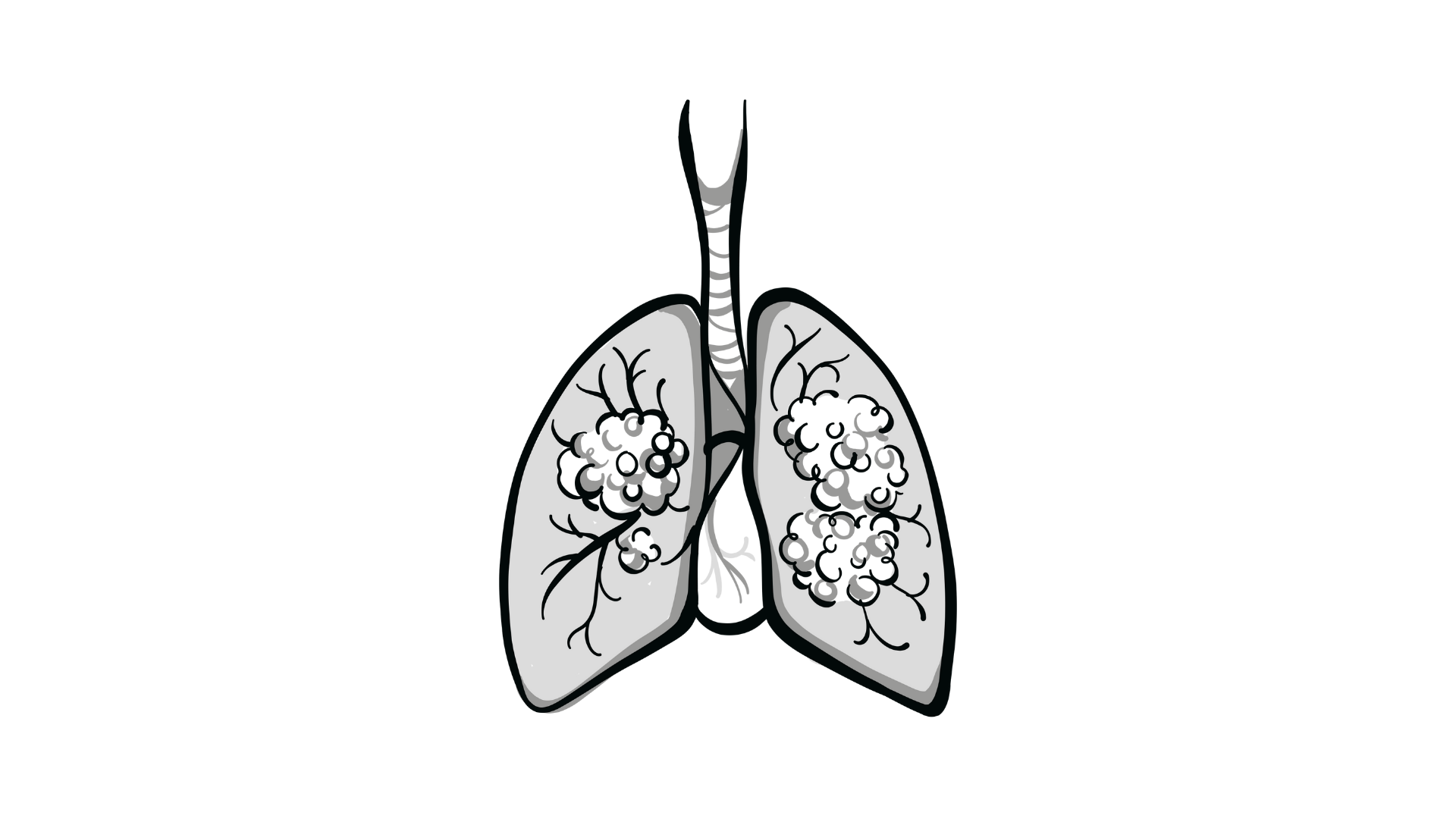The Targeted Pulse: Agents Targeting Challenges in Brain Cancer, Nivolumab/Ipilimumab Fails in NSCLC, and More
Experts explore challenges in brain tumor management, and nivolumab/ipilimumab fails to improve PFS in NSCLC. We also cover access to 177Lutetium-PSMA-617, developments in mRNA cancer vaccine WGc-043, and antibody-drug conjugate 9MW2821 in esophageal cancer.

Assessing Data That Target Challenges in Brain Cancer Management
In treating brain cancers, the protective blood-brain barrier limits efficacy of conventional chemotherapy and immune responses, creating a complex challenge. Neurosurgeon Theodore Schwartz, MD, from Weill Cornell Medicine and NewYork-Presbyterian Hospital, discusses emerging therapies and the work being done to circumvent the dilemma.
“The immune cells that fight off most cancers in the body also cannot get into the brain in the same way that they can get into the rest of the body because of this blood-brain barrier. It is what we call an immunologically privileged site. Some of the white blood cells can get in there, some of these T cells that we want to activate can get in there. Although it is privileged, it is not totally isolated, so there is an opportunity there,” Schwartz said.

Nivolumab/Ipilimumab Fails PFS End Point in NSCLC
Data from the phase 3 CheckMate -73L study (NCT04026412) showed that the combination of nivolumab (Opdivo) and ipilimumab (Yervoy) failed to improve progression-free survival—its primary end point—in patients with unresectable stage III non-small cell lung cancer. In the study, patients received nivolumab plus concurrent chemoradiotherapy followed by nivolumab plus ipilimumab or nivolumab monotherapy vs concurrent chemoradiotherapy followed by durvalumab (Imfinzi).
“Unfortunately, adding immunotherapy concurrently with definitive chemoradiation did not improve PFS outcomes in this setting,” said Joseph Fiore, vice president, global program lead, thoracic cancers, Bristol Myers Squibb, in a press release. “There remains a critical need to improve long-term outcomes for these patients and we believe these results will help inform future drug development efforts in this setting.”
Bringing 177Lutetium-PSMA-617 Therapy to the Community
Larger academic centers have the ability to provide firsthand access to 177lutetium–prostate-specific membrane antigen-617 (177Lu-PSMA-617; Pluvicto) for patients with advanced metastatic castrate-resistant prostate cancer, but what about the community setting? Despite supply issues and the needed investment to develop this program, access to the agent is growing rapidly.
In this article, Matthew Kurian, MD, and Olsi Gjyshi, MD, explore the trial data regarding the agent, best practices, and the account of how St Elizabeth Healthcare implemented this program. They highlight the challenge of developing the new program from the ground up, focusing on clinical processes, policies, licensing, safety measures, staff training, preauthorization, billing, and patient education.
Matthew Kurian, MD, is a staff oncologist at St Elizabeth Healthcare in Edgewood, Kentucky, and an assistant professor of medicine at the University of Kentucky College of Medicine, Northern Kentucky Campus. Olsi Gjyshi, MD, is a staff radiation oncologist at St Elizabeth Healthcare.

IND Application Accepted for Epstein-Barr mRNA Cancer Vaccine WGc-043
The investigational new drug application for WGc-043 has been approved by the FDA, and trials including nasopharyngeal carcinoma (NPC) and natural killer T-cell lymphoma (NKTL) have already concluded. In the investigator-initiated trials, WGc-043 showed promising efficacy, manageable toxicity, broad applicability, scalability, and cost efficacy.
WGc-043 is an mRNA cancer vaccine related to Epstein-Barr virus and has shown promising efficacy and tolerability compared with other mRNA cancer vaccines. The Epstein-Barr virus is strongly linked to various malignancies such as NPC, NKTL, gastric cancer, lung cancer, liver cancer, esophageal cancer, breast cancer, and cervical cancer. In addition, Epstein-Barr is also connected to autoimmune disorders such as multiple sclerosis and systemic lupus erythematosus.
ADC, 9MW2821, Wins Orphan Drug Designation in Esophageal Cancer
A novel Nectin-4-targeted antibody-drug conjugate, known as 9MW2821, has received orphan drug designation (ODD) from the FDA for the management of esophageal cancer. The ODD is based on data from the phase 2 study (NCT05216965), which show promising overall survival and safety results.
The FDA previously granted a fast track designation to expedite the development of 9MW2821 for advanced, recurrent, or metastatic esophageal squamous cell carcinoma in February 2024. The agent is also undergoing study in other clinical trials for the treatment of urothelial and cervical cancers. In addition, a phase 3 study evaluating 9MW2821 monotherapy for urothelial carcinoma is expected to commence soon.
Thank you for joining us for this week’s Targeted Pulse. Look out for more recaps to come.